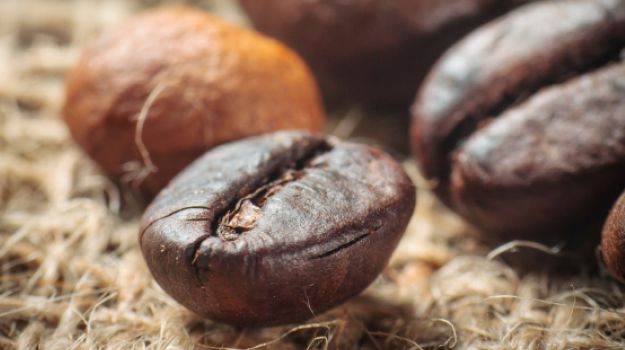"They also contain high levels of melanoidins, which are produced during the roasting process and give coffee its brown colour," said lead researcher Jose Angel Rufian Henares, professor at University of Granada in Spain.
"The biological properties of these melanoidins could be harnessed for a range of practical applications, such as preventing harmful pathogens from growing in food products," Rufian Henares said.
However, he also added, "If we are to harness the beneficial prebiotic effects of the coffee by-products, first of all we need to remove the melanoidins, since they interfere with such beneficial prebiotic properties."
The researchers concluded that processed coffee by-products could potentially be recycled as sources of new food ingredients. This would also greatly diminish the environmental impact of discarded coffee by-products.
The study was published in the academic journal Food Science and Technology.







